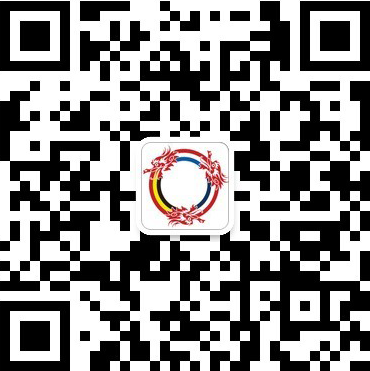China to Enter Talks with EU over EV Tarrifs
On Sunday June 23rd, the Financial Times reported that China has agreed to initiate discussions with the European Union regarding the recently imposed higher tariffs on Chinese electric vehicles (EVs). This development follows a visit to Beijing by German Vice-Chancellor Robert Habeck aimed at easing trade tensions between the EU and China.
Robert Habeck, Germany's Minister for Economic Affairs and Climate Action, welcomed China's willingness to engage in talks with Brussels on EU tariffs, describing it as a positive initial step requiring further dialogue. The decision to enter consultations was announced after China's Ministry of Commerce confirmed agreements with Brussels to address an anti-subsidy investigation initiated by the EU last year. This investigation resulted in the EU's recent decision to raise tariffs on Chinese EVs to levels reaching up to 48 percent.
The agreement follows a virtual conference between China's Minister of Commerce, Wang Wentao, and EU Executive Vice-President and Trade Commissioner, Valdis Dombrovskis. Germany, a key player in the EU automotive industry, expressed concerns over the tariff hike, marking Habeck as the first senior European official to visit China since the imposition of additional duties.
The Chinese market holds significant importance for Germany, especially within its extensive automotive sector, rendering Berlin susceptible to potential retaliatory measures from Beijing. Concurrently, China has initiated its own anti-dumping inquiry into EU pork products, highlighting the ongoing trade dynamics between the two economic giants.
While advocating for a conciliatory approach towards tariffs, which remain subject to finalization, Habeck voiced criticisms regarding China's increased exports to Russia. He underscored Germany's efforts to curb exports of dual-use goods with military applications, emphasizing the need for responsible trade practices.
China stands as one of Germany's principal trading partners, amid Berlin's strategic navigation of escalating tensions between Beijing and Washington, exacerbated by geopolitical events such as Russia's invasion of Ukraine in 2022. During his visit to Beijing, Habeck engaged in intensive discussions with Chinese officials, including Wang Wentao and Zheng Shenjie of the National Development and Reform Commission, covering topics ranging from energy and climate issues to human rights.
Notably, discussions did not include an anticipated meeting with Premier Li Qiang. Habeck's remarks in Hangzhou underscored concerns over China's reliance on coal, urging the country to explore sustainable alternatives crucial for global climate targets.
In contrast, President Joe Biden imposed higher tariffs of 100 percent on Chinese EVs this year, surpassing EU rates, albeit with considerably lower import volumes into the United States. Meanwhile, German Chancellor Olaf Scholz's recent meeting with Chinese President Xi Jinping centered on urging China's support in resolving the Ukraine conflict, while advocating for improved market access for German companies in China.
The deepening ties between China and Russia have underscored their burgeoning economic relationship, with Russia emerging as China's fifth-largest trading partner in 2023, a significant rise from ninth position in 2020. Chinese exports to Russia surged by 46.9 percent year-on-year, highlighting their strengthened economic cooperation.

